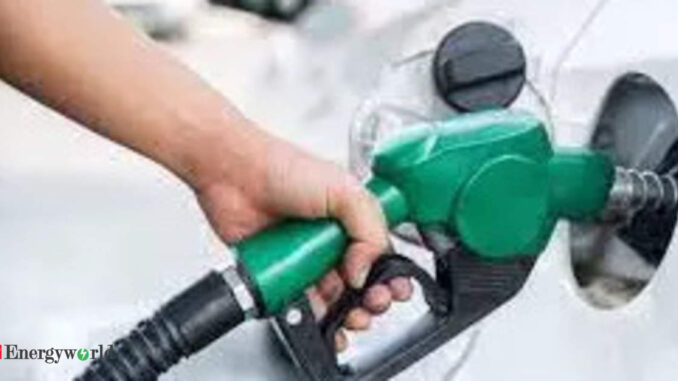
According to stock exchange filings by the three fuel retailers, the losses were due to erosion in the marketing margin on petrol, diesel and domestic LPG.NEW DELHI: State-ownedIndian Oil Corporation(IOC),Hindustan Petroleum Corporation Ltd(HPCL) andBharat Petroleum Corporation Ltd(BPCL) posted a combined loss of Rs 18,480 crore on holding petrol and diesel prices despite a rise in cost.
According to stock exchange filings by the three fuel retailers, the losses were due to erosion in the marketing margin on petrol, diesel and domestic LPG.
This wiped away gains from the record refining margin. IOC, HPCL and BPCL, which are supposed to revise petrol and diesel prices daily in line with cost, have not changed rates for four months now despite international oil prices shooting up.
They have also not changed cooking gas LPG rates in tandem with cost. IOC on July 29 reported a net loss of Rs 1,995.3 crore for the April-June quarter. On Saturday, HPCL reported its highest ever quarterly loss of Rs 10,196.94 crore and BPCL posted a loss of Rs 6,290.8 crore.
The combined loss at Rs 18,480.27 crore is the highest ever for any quarter including the era when petrol and diesel prices were regulated and the government used to give subsidies to the three retailers.
During April-June, IOC, BPCL and HPCL did not revise petrol and diesel prices in line with rising costs to help the government contain inflation which had topped 7 per cent.
The basket of crude oil India imports during the quarter averaged USD 109 per barrel but the retail pump rates were aligned to about USD 85-86 a barrel cost.
While the government has maintained that oil companies are free to revise retail prices, the three state-owned firms haven’t explained the reasons for freezing the rates since April 6.
Typically, oil companies calculate a refinery gate price based on import parity rates. But if the marketing division sells it at prices less than import parity, losses are booked.
State fuel retailers are supposed to align rates with an international cost every day. But they have periodically frozen prices before crucial elections.
IOC, BPCL and HPCL stopped revising rates ahead of assembly elections in states like Uttar Pradesh last year. That 137-day freeze ended in late March with prices being raised by Rs 10 per litre each before another round of freeze came in force in early April.
This is despite international oil prices soaring to multi-year high on supply concerns following Russia’s invasion of Ukraine.
The government in May cut excise duty on petrol and diesel which was passed on to consumers instead of being used to square off mounting losses on the two fuel sales.
The current freeze on petrol and diesel prices, excluding the reduction due to a cut in excise duty, is now 123 days old.
Last month, ICICI Securities in a report stated that IOC, BPCL and HPCL sold petrol and diesel at a loss of Rs 12-14 per litre, completely offsetting the strong refining performance during the quarter.





